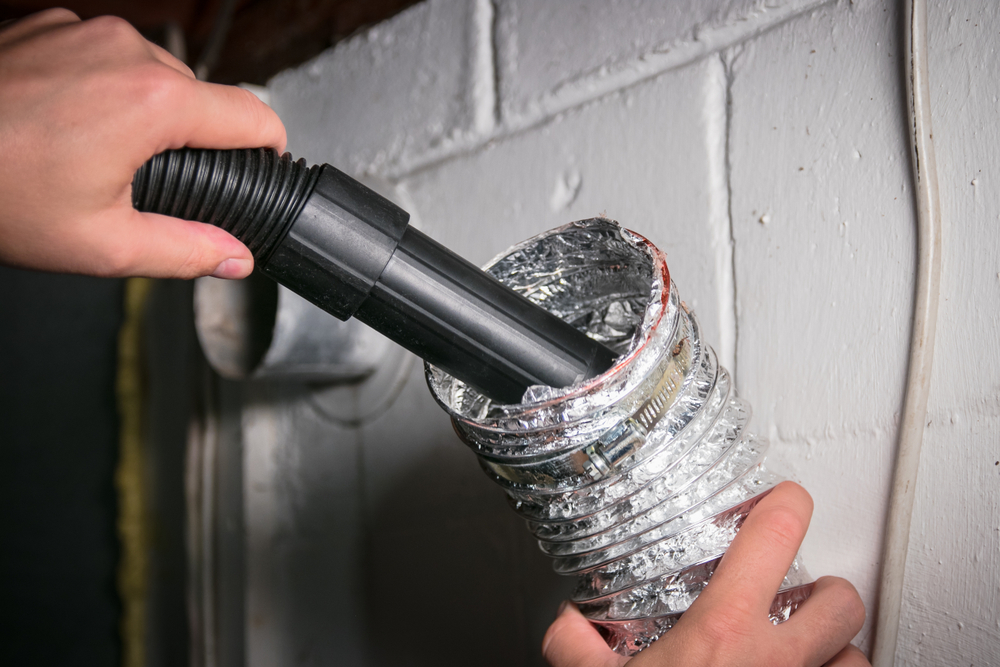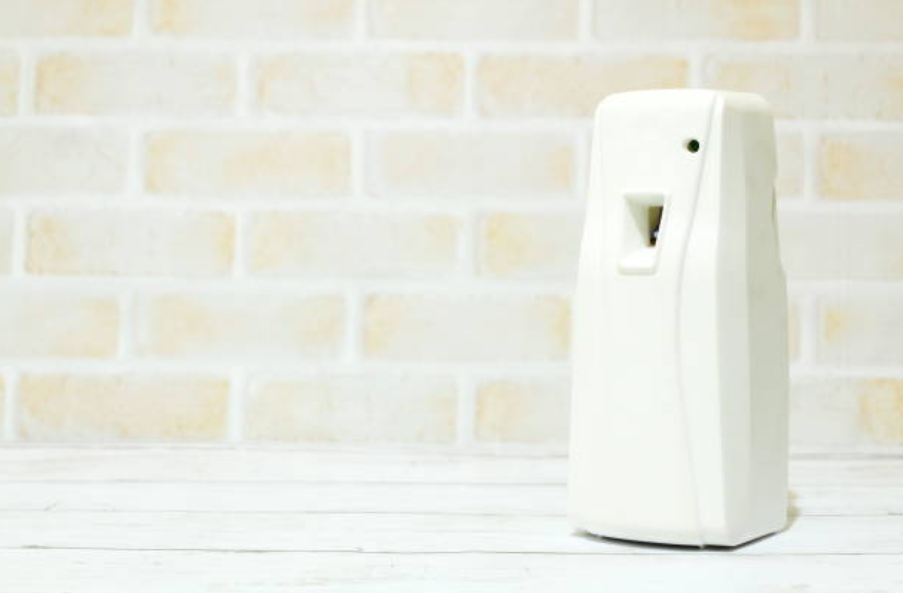Blog
How to Protect Your AC's Ducts and Vents From Rodents

Rodents are intelligent little creatures that love to stay inside houses. They sneak into small spaces to move around and avoid getting spotted, and they may even treat your cooling and heating ductwork as their transit system. Once they find a good spot, they’ll eventually start to reproduce, leading to more problems for you.
Rodents in your ductwork pose a threat to your family’s health. Rats are particularly the most unhygienic animals, so they can surely compromise your indoor air quality. They can also start to chew on different components, leaving you no choice but to call for air duct cleaning and repair services. Luckily, there are a few ways you can protect your unit from those small critters.
4 Ways to Protect Your Ventilation From Rodents
As the need for energy-efficient homes grows, ventilation systems have become an essential component of modern households. However, with the convenience they bring, there is also an increased risk of unwanted guests—rodents. Rodents can infiltrate your ventilation system, causing damage, spreading allergens, and posing health risks to your household.
From conducting regular air duct inspections to implementing necessary repairs and sealing potential entry points, these methods will not only ensure a rodent-free environment but also contribute to the longevity and efficiency of your ventilation system.
1. Assess Your Ductwork
Before you start with the preventative measures, you have to make sure there aren’t any rodents still living inside. Visit your attic and check the ductwork there. Rats will usually leave telltale signs of their presence: a bad order and a significant mess from their droppings on any number of components.
If you think that your ductwork is infested with rats, call a pest control service. They’ll help you with getting rid of all the rodents inside.
2. Clean Your Air Ducts
After the rodents have been removed from your air duct system, you will want to ensure your ducts are clean. Air duct cleaning is crucial for eliminating any remnants of rodent infestation, such as droppings, nesting materials, and allergens. The presence of these contaminants can pose health risks, particularly if they become airborne and circulate throughout your living space.
Depending on what mess or contaminants were left behind, a skilled technician will use various air duct cleaning methods and tools. A professional air duct cleaning typically involves a comprehensive approach to ensure thorough sanitation. The technician may use specialized brushes, vacuums, and air jets to dislodge and remove debris from the ducts effectively. They might also employ sanitizing agents to eliminate germs and bacteria, enhancing indoor air quality.
3. Repair or Replace Broken Components
Unfortunately, rodents can make quite the mess in your air duct system and may even damage important parts and components. If they’ve chewed their way through some of the ductwork, it’s important to have your air ducts repaired or replaced immediately. Ductwork left unfixed can cause serious issues, as the air will go through the cracks and holes, meaning you won’t get the most out of your heating and cooling system.
4. Seal and Secure Ducts and Vents
Your AC and furnace provide fresh air throughout your entire house. However, they can’t do that if rats are nesting inside your ductwork. So, make sure to protect these parts of the system from becoming infested again in the future.
To rodent-proof your ducts and vents, you’ll need to seal them completely to guarantee that rats won’t get inside again. This can also help with air conditioning and furnace maintenance to make sure the air won’t leak through certain crevices.
There are two products to choose from when sealing air ducts and vents:
- HVAC Tapes: HVAC tapes are specialized adhesive tapes designed for use in heating, ventilation, and air conditioning systems. These tapes are durable and heat-resistant, making them ideal for sealing joints, seams, and connections in HVAC ductwork.
- Sealants: Sealants are versatile products used for sealing gaps, cracks, and joints in different areas of a building. They come in various forms, such as caulk, silicone, or foam, and can be used for both indoor and outdoor applications.
You can also take preventative measures up a notch by placing traps. First, you need to locate points of entry for your air ducts and ventilation system. Then, place the appropriate trap at the entrance, which will effectively ward off intruders. Consider placing any of the following traps:
- Sticky Traps
- Mechanical Traps
- Electric Traps
- UV Light Traps
- Pheromone Traps
- Snap Traps
Reach out to our team at Home Comfort Experts when you’re dealing with these kinds of issues. We have professionals who can give you a hand. We provide long-lasting air conditioning, heating, and air duct repair services in Indiana and Michigan.
Contact us today to schedule an appointment to have your air ducts cleaned.






